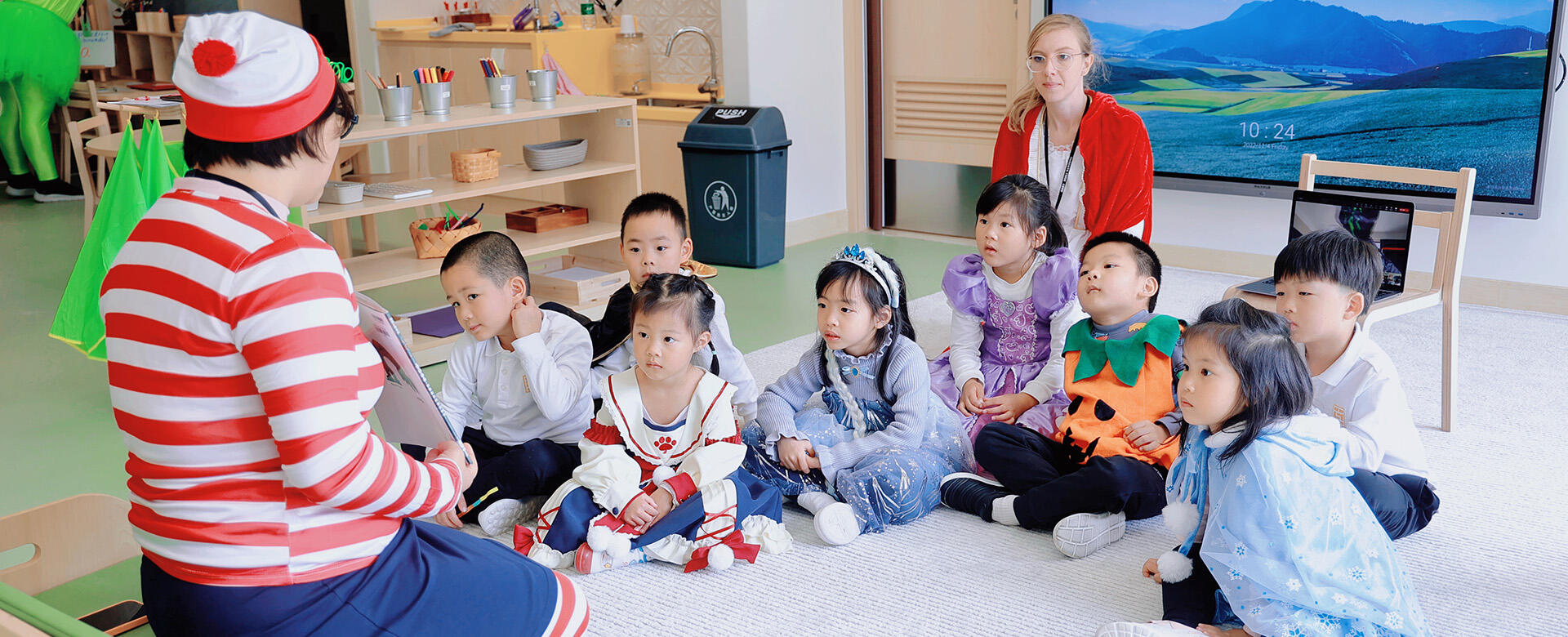

What could we do as adults when children have conflicts? Should we intervene immediately to stop it, or should they deal with it themselves? When should we intervene? How should we intervene?
We believe that many parents will have these questions. Today we have invited two experienced teachers from Hiba Academy Nantong to find out how to help children resolve conflicts.
周金融
Jo Zhou
中方教师
Early Years
Chinese Class Teacher
Juliana Koch
外方教师
Early Years
Western Class Teacher
There are certain things that parents, caregivers, and teachers should keep in mind when interacting with children: we are their role models. Children will always look up to and emulate our behaviour, for better or worse. Therefore, it is key to consider how we act in different situations and environments.

Here are some warm tips from our professionals
1
Adults should always remain calm and patient; if you are nervous or agitated, ask another adult to talk with the children. If you are nervous, your children will get more agitated.
2
Always share the behaviour expectations before visiting public places; different places have different rules. For example, "Now we are going to the mall, and in this place we should walk and not run".
3
In case of conflict in a public place, assess the environment; for example, is this place safe? Can I listen to my child here? If you are in a restaurant or cinema, exit it and find someplace private. If necessary, you can gently carry your child to a calm, safe place, saying, "I'm taking you outside so you can have more privacy, and I will be able to hear you better".
4
Wait for your children to calm down; if they are agitated, they might be unable to express their feelings and tell what happened. Adults can help the children by remaining calm, not asking questions, calmly reassuring them you love and care for them, and when they are ready, you will help them solve the conflict. You could tell them “I can help you when you tell me what happened, let’s take 10 deep breaths to calm down first”.

Once the children are ready to share and listen, let them talk about their feelings and thoughts, one at a time. At this moment, the adult should act as a moderator, rephrasing what the child said and teaching them how to express their thoughts clearly and politely.
For example:
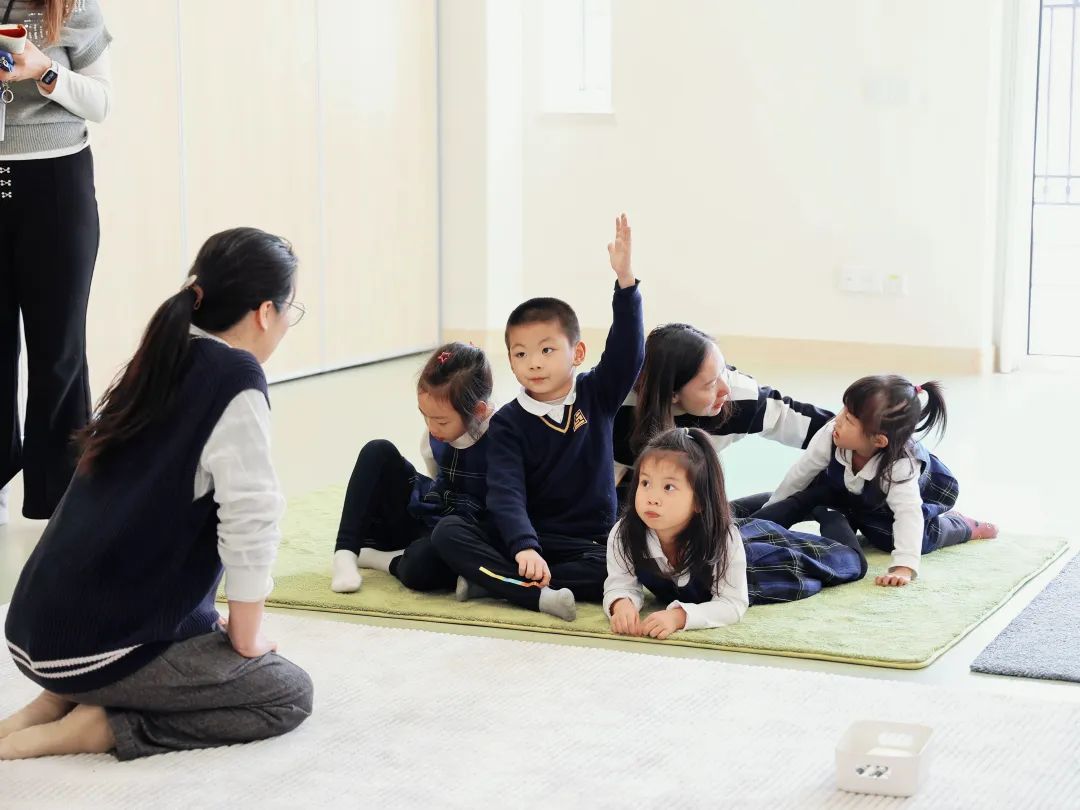
1
Identify and accept the children's feelings and perceptions of the conflict. Then, coordinate the exchange without judgement.
Adult: “I know what happened just now must have made both of you feel angry/sad/frustrated. What can I do for you? Would you prefer to share it with me, or do you want to wait? I will be here once you are ready.”
2
Help the children to express their feelings and opinions. Remember, we are role models. Adults can also share how they used to feel when they were young, and how they solved their conflicts with friends.
Child: I hate my friend; he broke my toy.
Adult: I understand you feel angry because they broke your toy? Can you tell me what happened?
3
Ask the children for their solution suggestions. This moment is a good time for children to learn to compromise. It can be helpful for the adult to start the discussion with some suggestions, but the ideas should come from the children. When conflicts arise, we should not focus on whether we are right or wrong but on providing direction for the child to solve the problem, which should be mutually beneficial cooperation.
Adult: What do you think would be a good solution?
Child A: I think my friend should help me to fix my toy.
Adult: Can you help your friend to fix their toy? Maybe we can all fix it together.
Child B: I can help.
4
Help children restore their friendship, such as establishing a sense of ceremony, for example, shaking hands. This gesture symbolizes that the two people have made up.
Adult: I think it’s a great idea. Let’s work together. You guys are great helpers.
A few book recommendations for all parents :
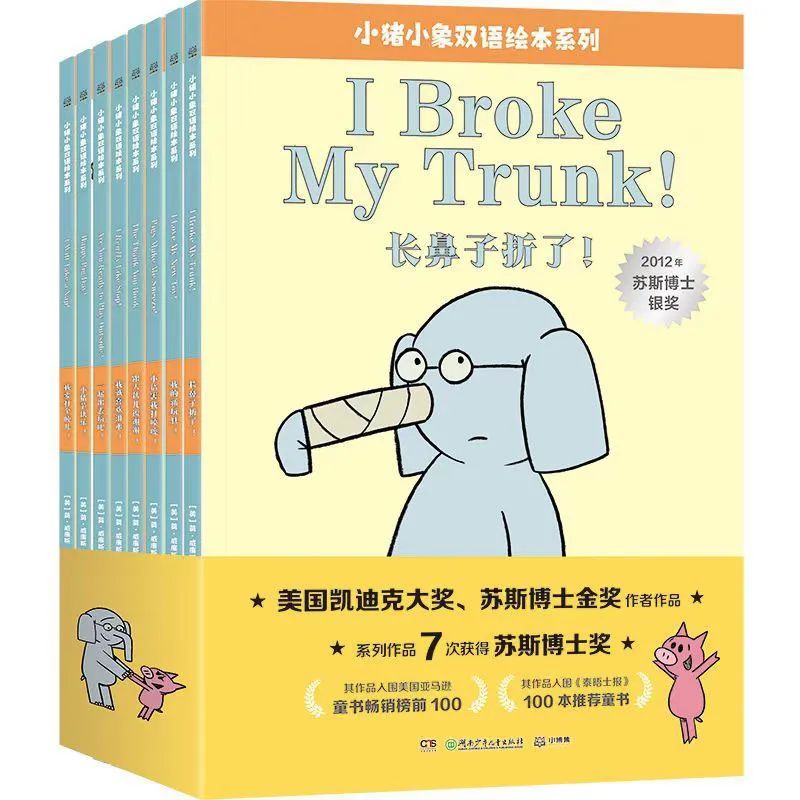
《An Elephant and Piggie 》
Author:Mo Willems
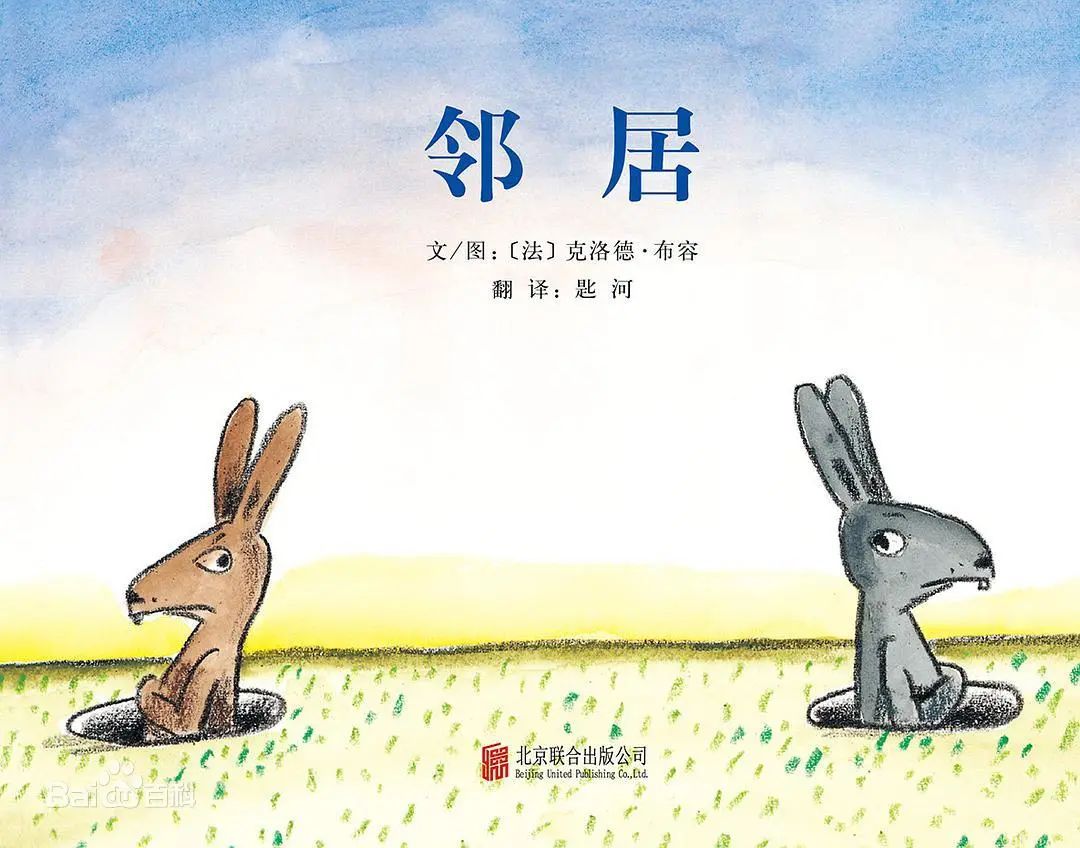
《La Brouille 》
Author:Claude Boujon

《Pumpkin Soup 》
Author:Helene Cooper
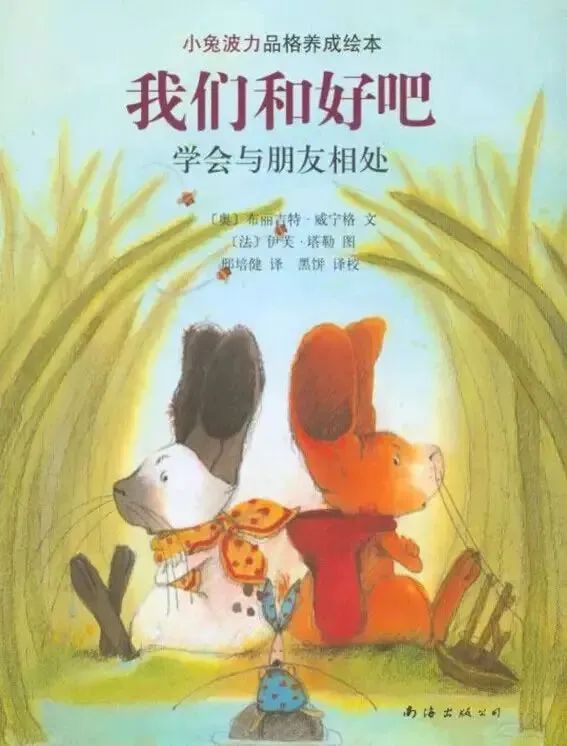
《Let's make 》
Author:Brigitte Weninger/Eve Tharlet
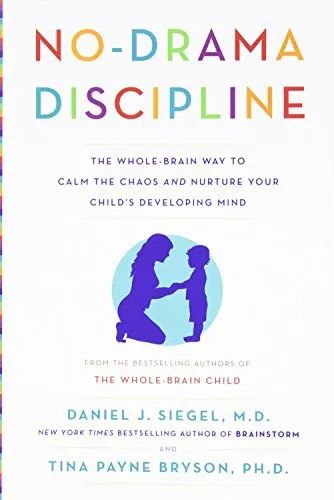
《No-Drama Discipline 》
Author:Daniel J. Siegel
Hiba Academy Nantong has started the autumn intake for the 2023-24 academic year. Families who are interested in registering for September 2023 (EY2/EY3/EY4) are welcome to scan the QR code below to make an appointment to visit the school.
Families of school age are welcome to register for our Day Pass Experience at Hiba Academy Nantong.
Parents will have the opportunity to meet with the Chinese and Western Co-head of Early Years, gain an in-depth understanding of our nursery’s educational philosophy and get an interactive experience of our unique facilities and environment.
Children will have the opportunity to join a classroom of their own age and be immersed in our bilingual classes with Hiba pupils for an in-depth exploration of the joys of bilingual learning.
周三、周四
Wednesday & Thursday
08:45-12:15